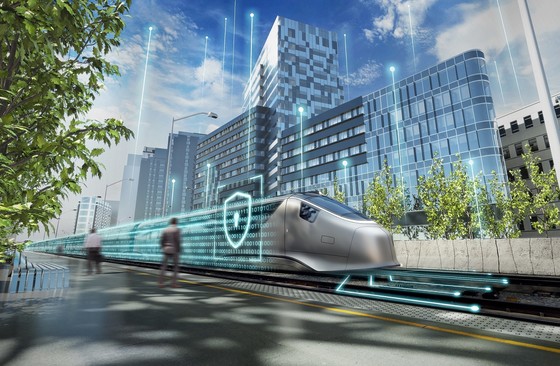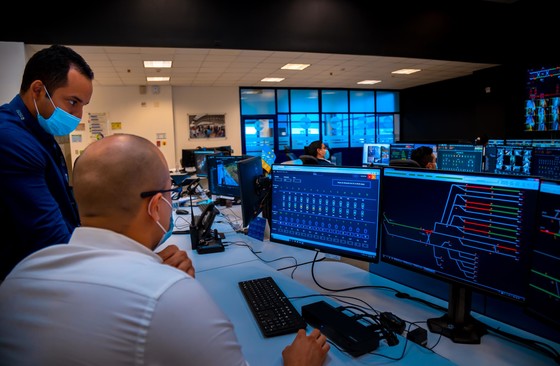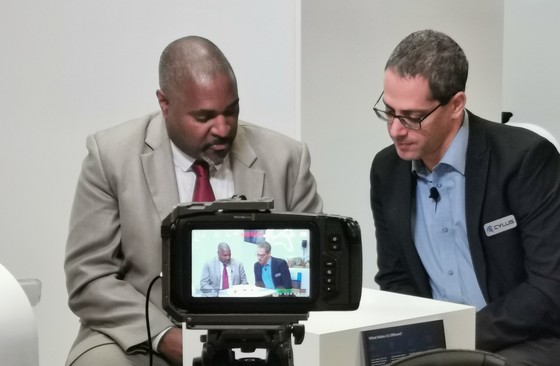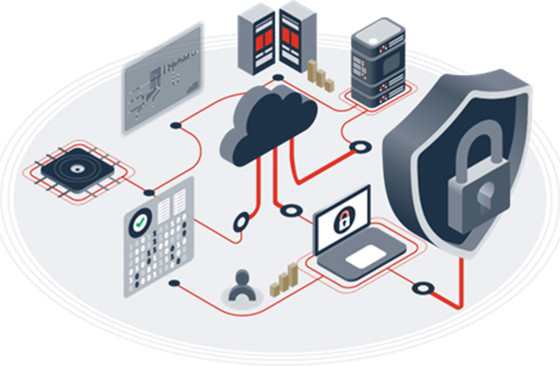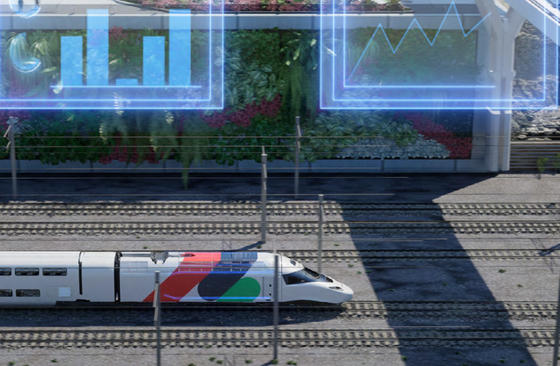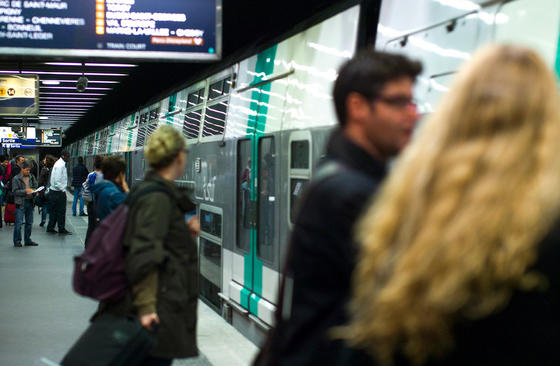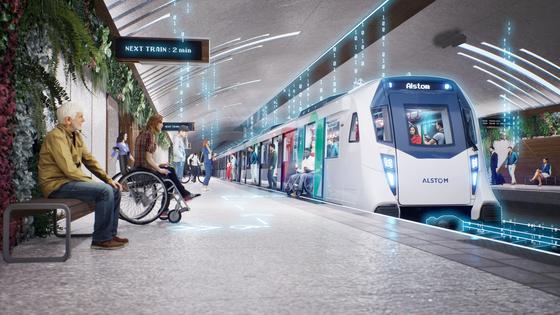
A new era of efficiency and reliability
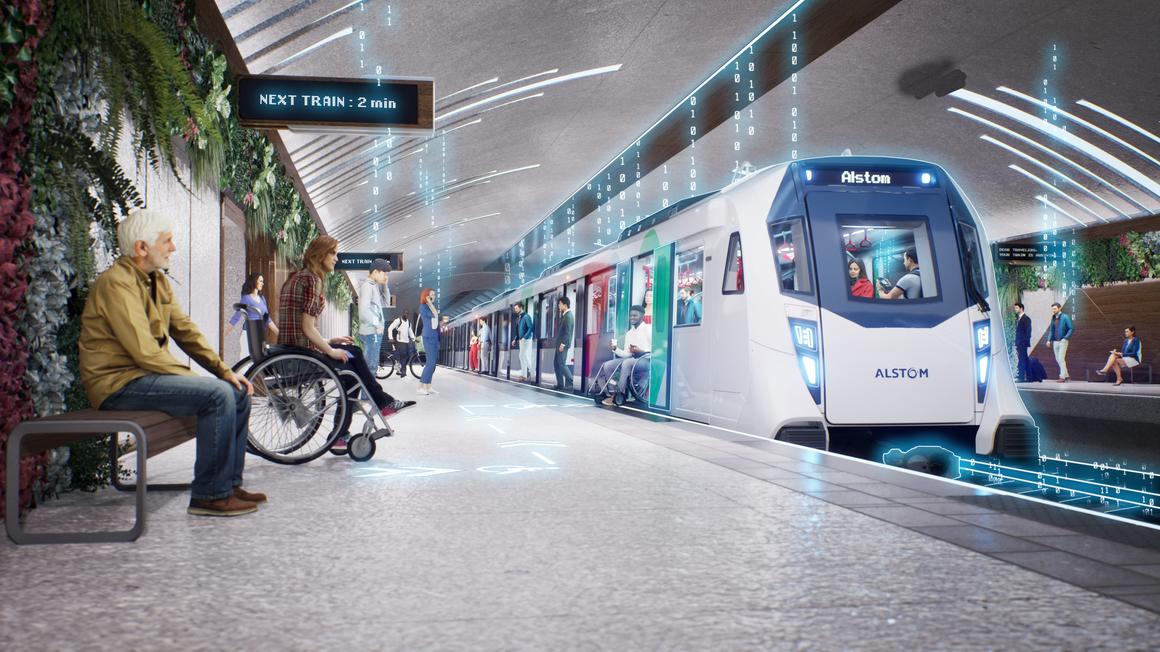
Radio communication plays a vital role in maintaining top-notch, robust, and streamlined rail operations. Any significant interruptions in train communication can lead to unwanted delays and cancellations, which can have a detrimental effect on revenue, productivity, and passenger satisfaction. However, Alstom has a groundbreaking solution to combat these challenges head-on. By harnessing the power of artificial intelligence (AI) in radio communications, Alstom is revolutionizing the way disruptions are handled, allowing passengers a seamless and predictable travel experience.

“AI eliminates unnecessary maintenance. We intervene only when and where necessary, leading to less disruptions for the passenger."
Alstom is at the forefront of AI and digital implementation in the railway industry, offering solutions for autonomous train operations, obstacle and signal detection, and digital train control. This innovative approach is setting a new standard for the rail industry, providing solutions that are efficient, reliable, and meet the expectations of modern-day passengers.
One standout solution is Alstom’s AI-driven system, that applies machine learning to troubleshoot radio behaviour before issues arise. This reduces the need for costly and time-consuming inspections.
One example of the benefits that come from this AI system lies in anticipation of disruptions. Traditionally, companies are required to hold on-site maintenance inspections every six months, a process that involves around five people and occurs outside revenue service. “AI eliminates unnecessary maintenance," explains Andrea Staino, a Senior Expert in Data Science & AI at Alstom. "We intervene only when and where necessary, leading to less disruptions for the passenger."
This tool pinpoints and diagnoses issues within the train-to-ground radio network, ensuring swift resolution and maintaining service continuity.
It identifies signal disruption due to factors like dirt, antenna tilt, and cable wear, allowing targeted interventions. Complex issues that would require lengthy investigations are automatically identified and addressed by the AI system, streamlining operations, and enhancing overall reliability.
The future of Alstom's AI development extends beyond radio communication, and the team of data scientists is working on a range of AI-based projects such as automation of log analysis in signalling equipment, optimising fleet energy consumption, virtual models of rail assets, and even quantum machine learning.
"It’s a game changer for mobility. We need humans to trust the algorithm results and they’re inclined to do that if they understand how AI works and can see that a decision is safe and reliable."
Andrea is thrilled to be introducing digital innovation into an industry that values safety above all. He says, "It’s a game changer for mobility. We need humans to trust the algorithm results and they’re inclined to do that if they understand how AI works and can see that a decision is safe and reliable." The goal is to develop robust, fair, explainable, and trustworthy AI systems that will ultimately provide enhanced safety and reliability in rail travel.
Andrea who has a PhD in renewable energy modelling, is proud to be part of a global team of experts at Alstom and is excited to see the positive impact of his work on rail travel. His passion for research and innovation continues with Alstom, where he is leading technology activities aimed at designing creative solutions to real-world problems.
Alstom are leaders in data science applied to mobility, and the implementation of AI is a prime example of their commitment to innovation. "Honestly, what we're doing is really advanced. In developing AI-based solutions for mobility, domain expertise is a key competitive advantage. With the support of our experts, we are capable of fully understanding the problems and interpreting the results of the algorithms correctly.” says Andrea.
The future of rail is at a turning point, and Alstom is confident that they will remain at the forefront of the revolution.

